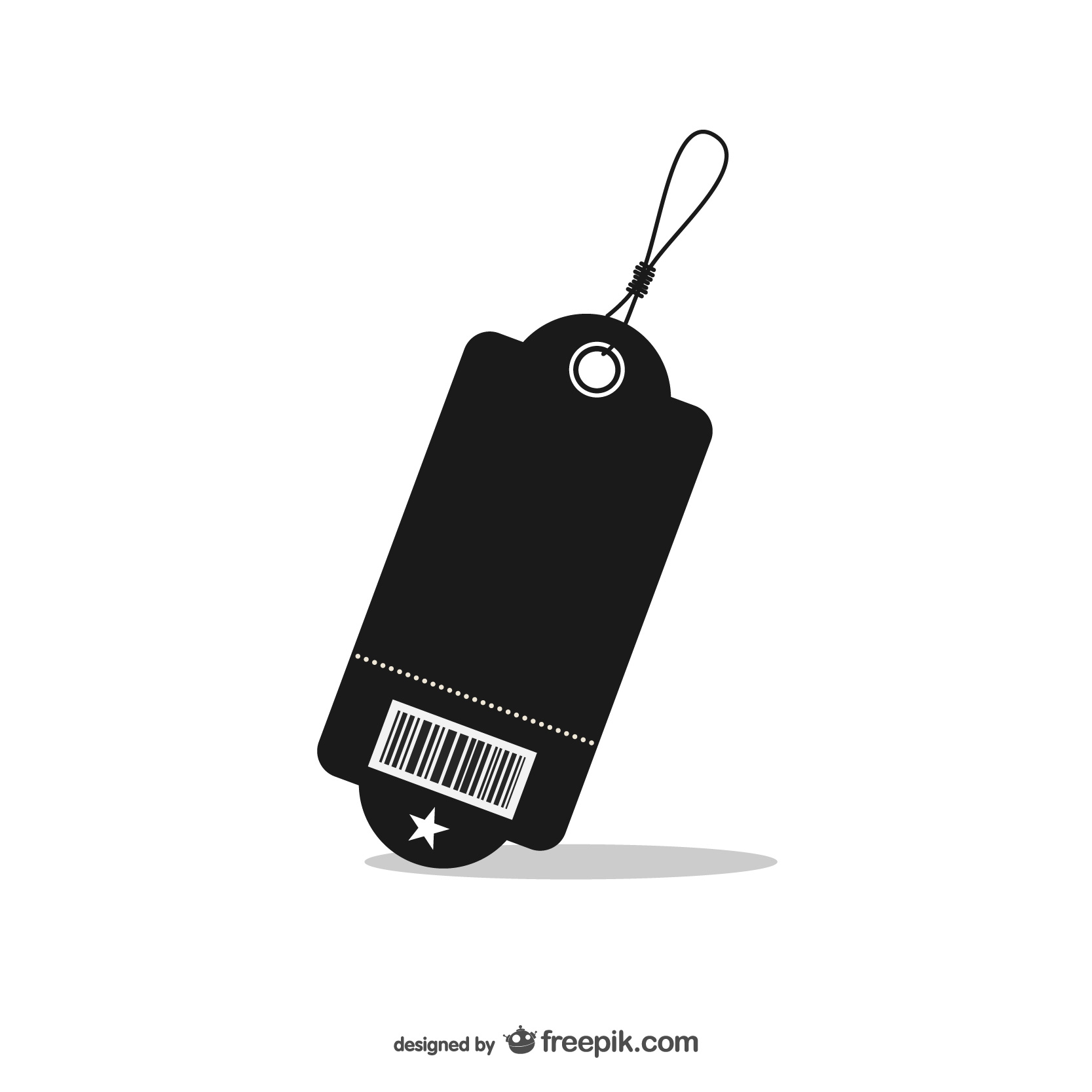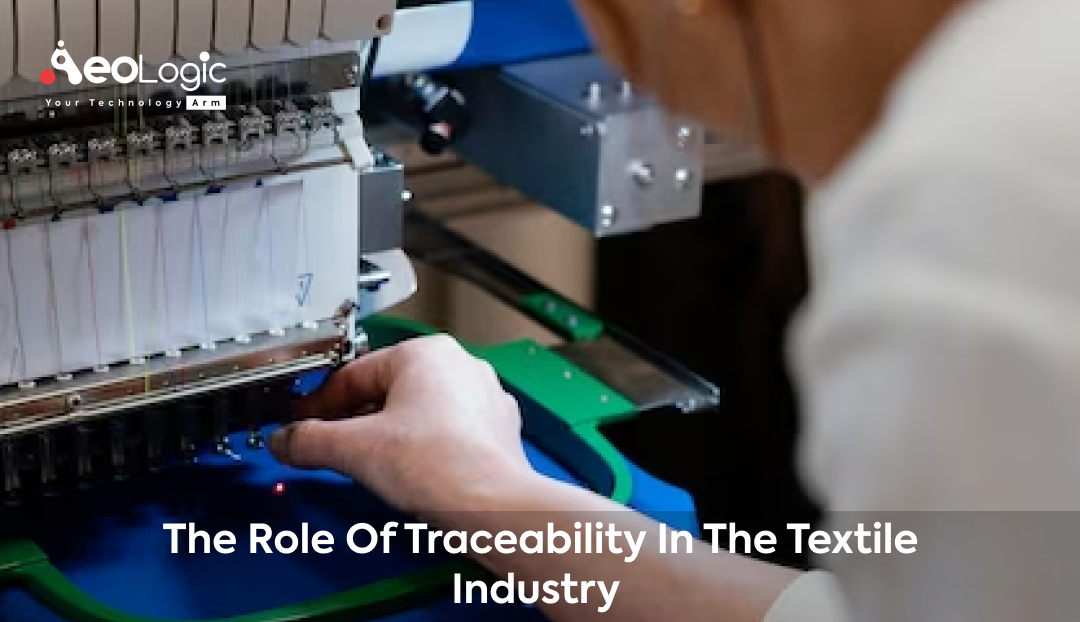Traceability has become a foundation stone of the sustainable and ethical textile path in a directed industry. It is not just a buzzword but one of the critical components in changing business it. I can, therefore, as an expert in this field stand witness to the revolutionizing effects of traceability to textiles. Think of a world in which your favorite shirt, jeans, or sweater come with an entire story; travel from cotton fields to fashion boutiques accessible with a simple scan. It is this that Textile industry traceability aims to ensure. Traceability in textile industry takes a greater importance today where consumers are more and more aware of the environmental effects produced by their products and how those can impact society.
The application of design thinking here depends not just on the knowledge where a product comes from but how they come about. Traceability, the topic of discussion in today’s textile application; caters to a world where transparency and accountability are ushering their way into becoming almost non-negotiable with time.

The Significance of Traceability in Ensuring Sustainability
The role of traceability that displaed in the textile industry is relevant to this case when it concerns to the sustainability. However, the ethical producing by ultimately granting responsibility doesn’t equate to simply tracking. Textiles have long been viewed as contributing to the manufacture of a bigger footprint of environmental and labor conditions. In this regard, there begin the beacon of hope in establishing traceability within textile industry context. (https://www.utahcnacenters.com/) It promotes transparency by creating visibility of the supply chain, which in turn allows consumers to make informed decisions. This transparency then is not merely to satisfy the neurotically green purchaser, but rather to push the industry to more environmentally friendly activities.
In addition to that, traceability in the textile country is an important step in resource management. Through materials and process mapping, organizations can develop opportunities to promote wastes and inefficiency.This leads to a dual benefit: This measures the positive outcomes of decreased environmental hazards and increased operational efficiency. As such, traceability found in the textiles industry does not only represent ethical responsibility but is business orientation.
Also Read: End-to-End Traceability in Automotive Production
The Technological Evolution of Traceability in Textiles

The trip of traceability in textile industry is free to be enormously aided by technological developments. The reality of what traceability or digitalization in the textiles sector means is being changed by technology, including blockchain and RFID tags. For example, Blockchain technology provides an indelible ledger for the data validation in the supply chain of products. This isn’t only confined to tracing the source of materials and it extends to each declaration regarding sustainability or ethically produced goods.
While RFID tags and IoT devices offer real-time tracking, the physical location of a person might be difficult to determine in the current setting. The textile industry level of detail traceability has not been the case in a few years ago. It is a crisis point, providing unseen hitherto views to supply chain. It needs to be noted that the technology is making such traceability in textile industry a real possibility, from growing raw materials up to placing final products on store shelves.
The Economic Impact of Traceability on the Textile Market
But let’s do the numbers they are not liars. The effect of traceability in the sector of textile on market is great. A study conducted over the globe in 2019 revealed that brands adopting traceability showed a dramatic increase in consumer conviction and loyalty. This is no surprising without much reason as the need for transparency continues to rise. In addition to the benefits that it brings; traceability in the textile sector may reduce costs. Through identification of inefficiencies and waste areas, companies are able to find cheaper ways of doing their operations hence minimising on overhead costs.
Market statistics paint a clear picture: Finally, proponents clearly accepted that consumers would pay more for clear-chain products. This is a golden moment for textile businesses to earn lot of money. When the practices are utilized by these companies, they’re not just adopting ethical policies but also accessing the market of customers.
Empowering Consumers Through Traceability in Textile Industry
To continue with the matter of traceability in textile, an inevitable change can be discerned that is it being transposed toward consumer empowerment. Since we are specialist who works in this industry, the informed consumers is a driving force for change and helps through society to move closer towards the common goal of cultural diversity. Traceability in textile industry ensures that it is possible to know what happened before a piece of clothing. It not simply t the matter of who sells this product to consumers, but instead it is how the manufacture takes place from its country of origin that should be understood because our environmental policies and labor laws can affect what or who they use to provide us with food. To make choices that reflect the values of the consumer, this information should be provided to them and they will exert their purchasing power on brands they consider responsible.
Engagement is another noise that results from this customer empowerment. In the textile industry, evidence of traceability implies that buyers are no longer mouse food. It enables them to take an active part in the story of sustainability and ethically manufactured fashion. The transparency allows brands to flourish not only in terms of building trust but also in ensuring that there is a sense of community between them and their consumers. Thus, traceability as it concerns textile industry is not simply a mechanism for increased productivity but an avenue of linking consumers to the principles of ethics and sustainability that define brands.
Also Read: How Laser Marking Improves Traceability in Metal Stamping
Strengthening Regulatory Compliance through Traceability
Traceability in the domain of textile industry plays a significant role in compliance remaining regulations. In the modern world, where the standards of environmental and labor legislation are becoming more rigorous, traceability solutions provide a straightforward way to meet regulatory compliance. So by keeping a reliable database of supply chain practices, companies can show easily compliance with international requirements. This is necessary to avoid potential legal loopholes and keep a clean branded image.
In addition, traceability for the textile sector helps with issues such as bootlegging and the calling market. Through deeds from where the product of the source originated, organizations safeguard intellectual property rights and guard their trade name. The trait of traceability in the context of the textile industry not only ensures that businesses are protected but also guarantee consumers the naturality and quality they desire. Therefore, adopting traceability is not only about ethical behavior but also about brand integrity and the legality that it follows.
Challenges and Future Directions in Textile Traceability
This notwithstanding, the issues that characterize traceability application in textiles are numerous. The scientific and technology as well as the cost factor attached to this exercise can be overwhelming. On the other hand, let us not lose sight of the wider perspective. The potential of traceability as a concept for the future in textile industry is bright and promising, with new solutions appearing. The industry is heading towards a more coordinated approach where technologies are getting integrated like AI and Big Data to increase traceability.
Also Read: Benefits of Laser Traceability in the Aluminum Industry
Final Words
Traceability in textile industry is no fad compared to what they have now but rather a core necessity of our generation. It is about creating a future that can be sustained, one which is morally right and pays well. As we continue to witness its evolution, one thing is clear: a transparent future for the textile industry lies in the realm of transparency and traceability.
For those looking to embrace these cutting-edge advancements, Aeologic Technologies emerges as a trusted partner, offering expertise and solutions tailored to the evolving landscape of traceability.










